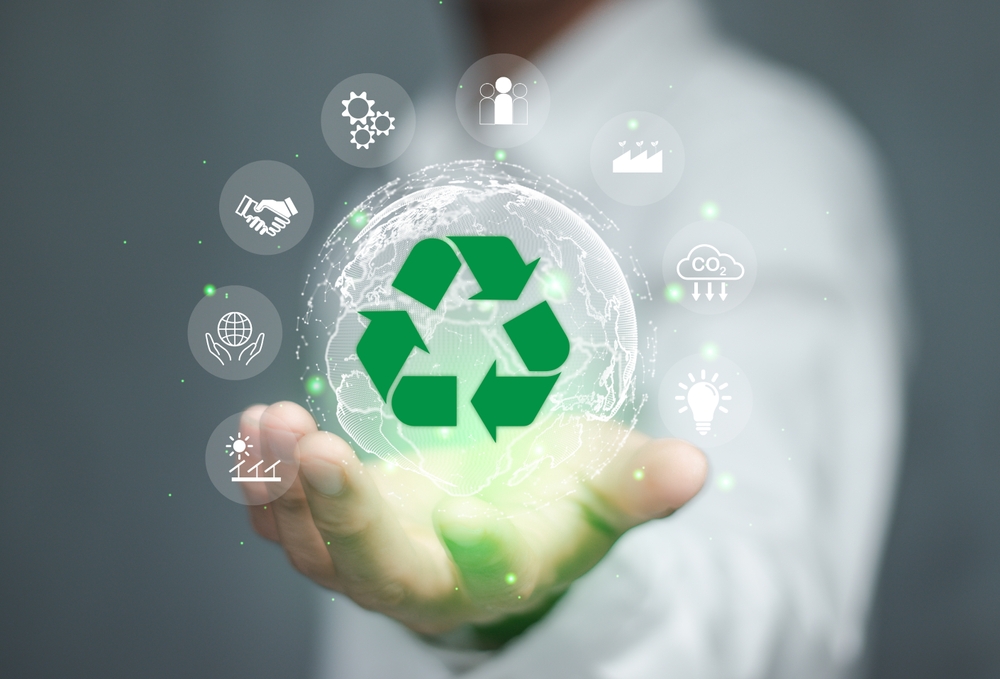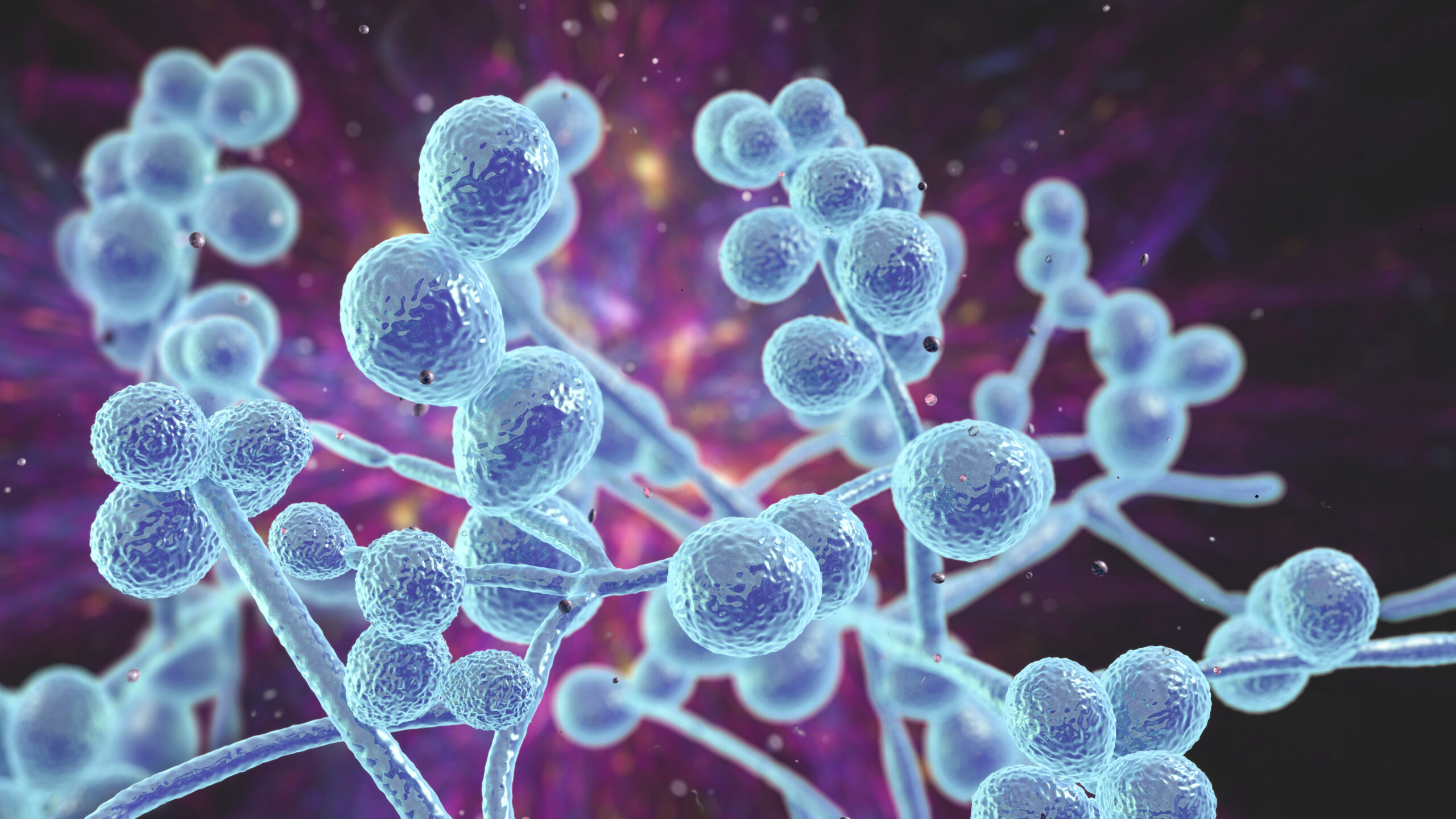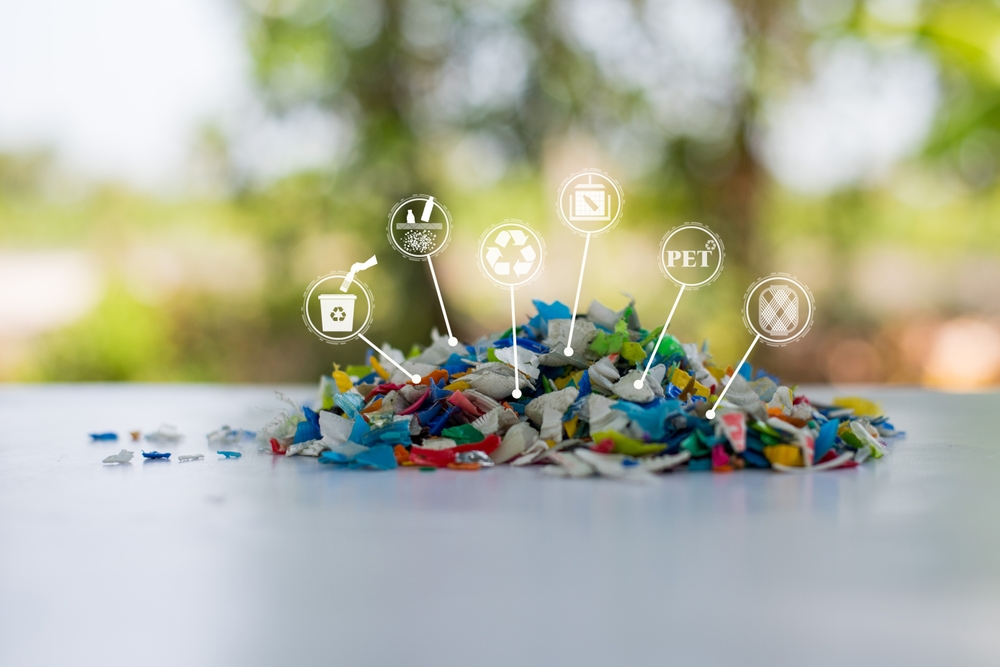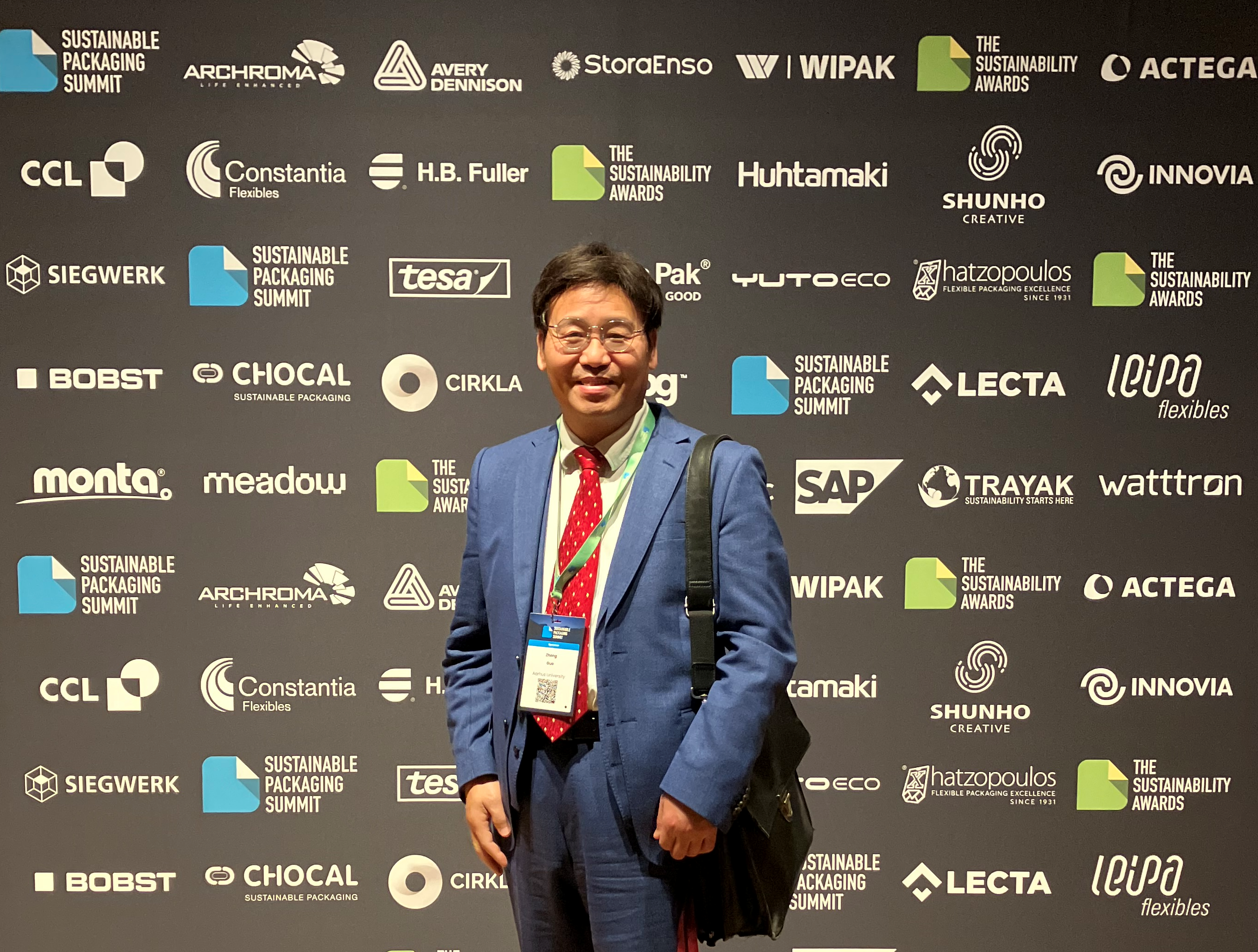
A new chemical plastic recycling reactor reduces energy consumption by 50%.
The article describes a new technology for chemical plastic recycling developed in the doctoral thesis of Alberto Frisa Rubio at the Polytechnic University of Cartagena (UPCT). This technology reduces up to 50% of the time and energy costs to produce new recycled materials of equal quality to the original ones, offering an innovative solution for plastic waste management and a more sustainable circular economy model.
The proposed process uses a reactor designed to depolymerize plastics, recovering the original monomers by applying heat generated through microwaves at different frequencies. This allows temperatures between 200 and 250 ºC to be reached in less time and with 50% less energy consumption compared to conventional methods. This technology is applicable to plastics such as polyamide (nylon) and polyurethane, common in industrial and household products.
In addition, challenges related to equipment resistance to wear and corrosion under high-pressure conditions (up to 15 bars) have been addressed. The innovative design simplifies system construction and improves integration into industrial processes. The research is part of the European projects ‘PolynSpire’ and ‘Plastice,’ led by the CIRCE center. The thesis highlights the importance of continued research to achieve a real impact on both industry and the environment.
This work presents an engineering solution to one of the major challenges in the plastic and polymer sector. Additionally, several partners in the ACTPAC consortium, such as the Technological Footwear Center of La Rioja (CTCR), utilize various reactors to carry out processes like plastic depolymerization and the synthesis of new polymers, such as polyesters
In conclusion, this new chemical recycling technology significantly reduces time and energy costs, enabling faster and more efficient production of recycled materials with equal quality to the original. By recovering monomers, it supports sustainable plastic waste management and promotes a circular economy. Continued research offers promising benefits for industry and the environment.
Author: Pablo Tovillas Greca, PhD
Links
Un nuevo reactor de reciclaje químico de
plásticos reduce en un 50% el gasto energético
Keywords
Depolymerization, plastics, recycling, reactor, microwave


